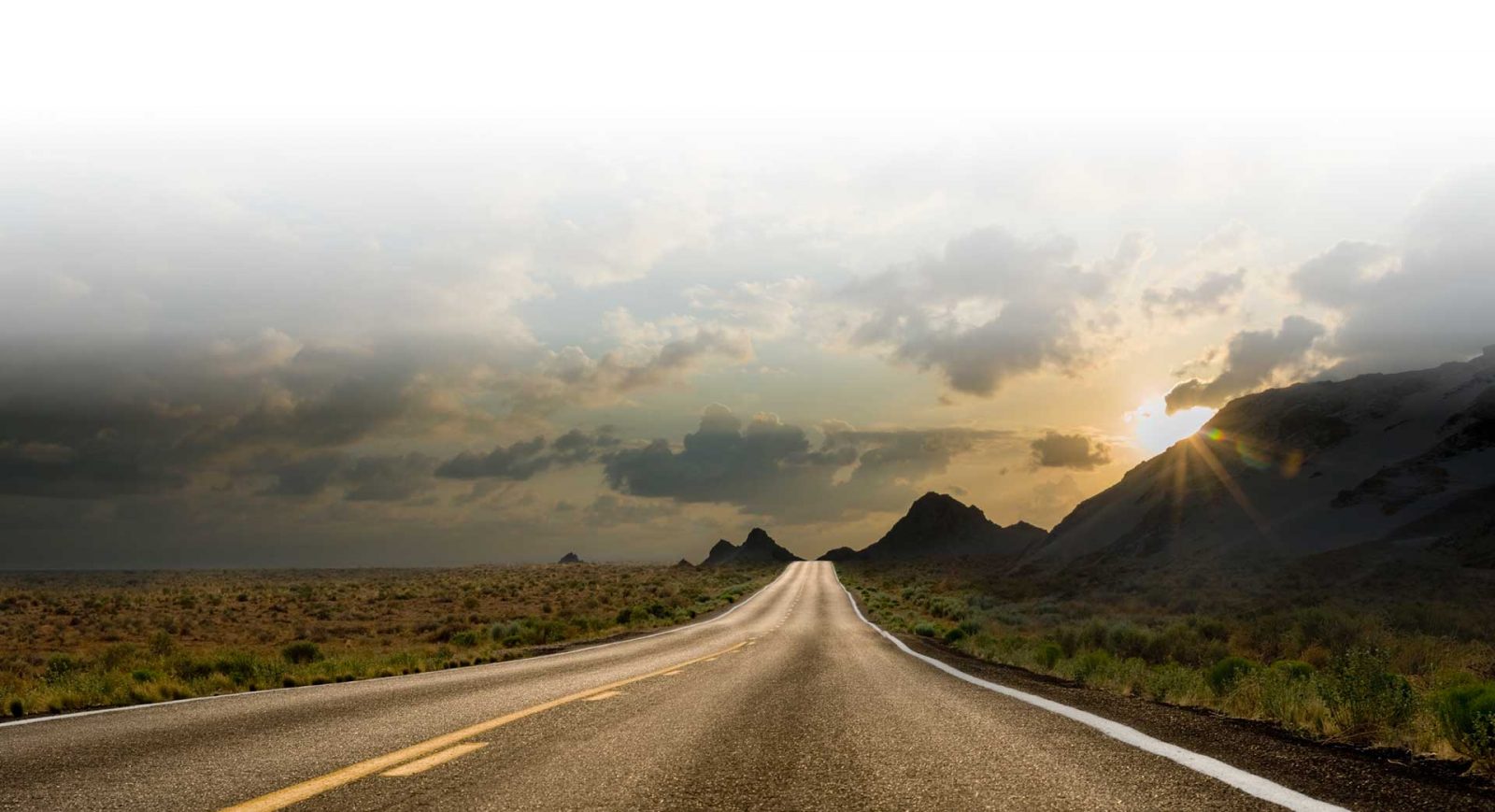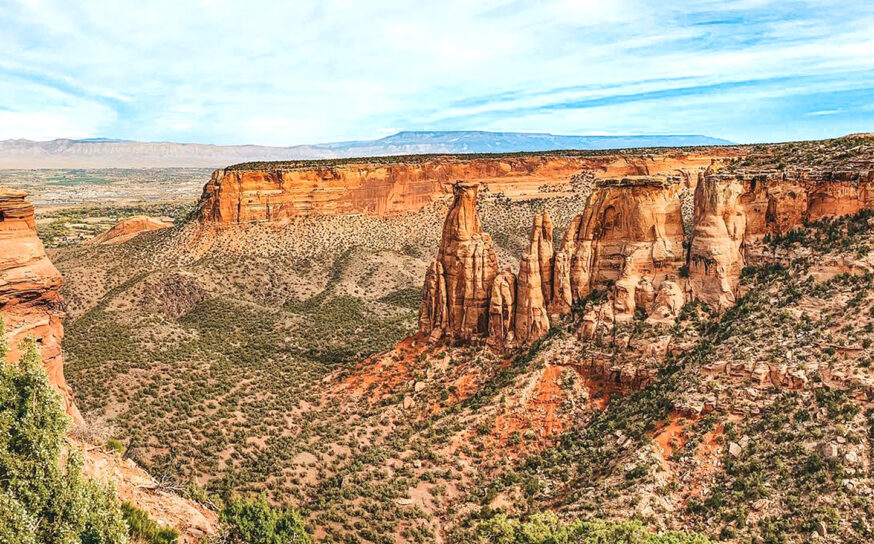These California Weed Nuns Answer to a Higher Power
Meet the Central Valley “sisters” selling healing cannabis medicines and empowering women.
-
Posted onFebruary 7, 2018
-
SeriesThese California Weed Nuns Answer to a Higher Power
-
CategoryCannabis, Makers + Entrepreneurs, Producers, Products
-
Directed byBryce Lowe-White
-
Written byHannah Lee
Just outside Merced city limits in California’s Central Valley, on a non-descript road lined with almond trees, and ranch houses in various states of deterioration, the Sisters of the Valley are running a business that generated roughly $1.1 million in sales last year. That’s up from $750,000 in 2016, which was up from $60,000 in 2015.
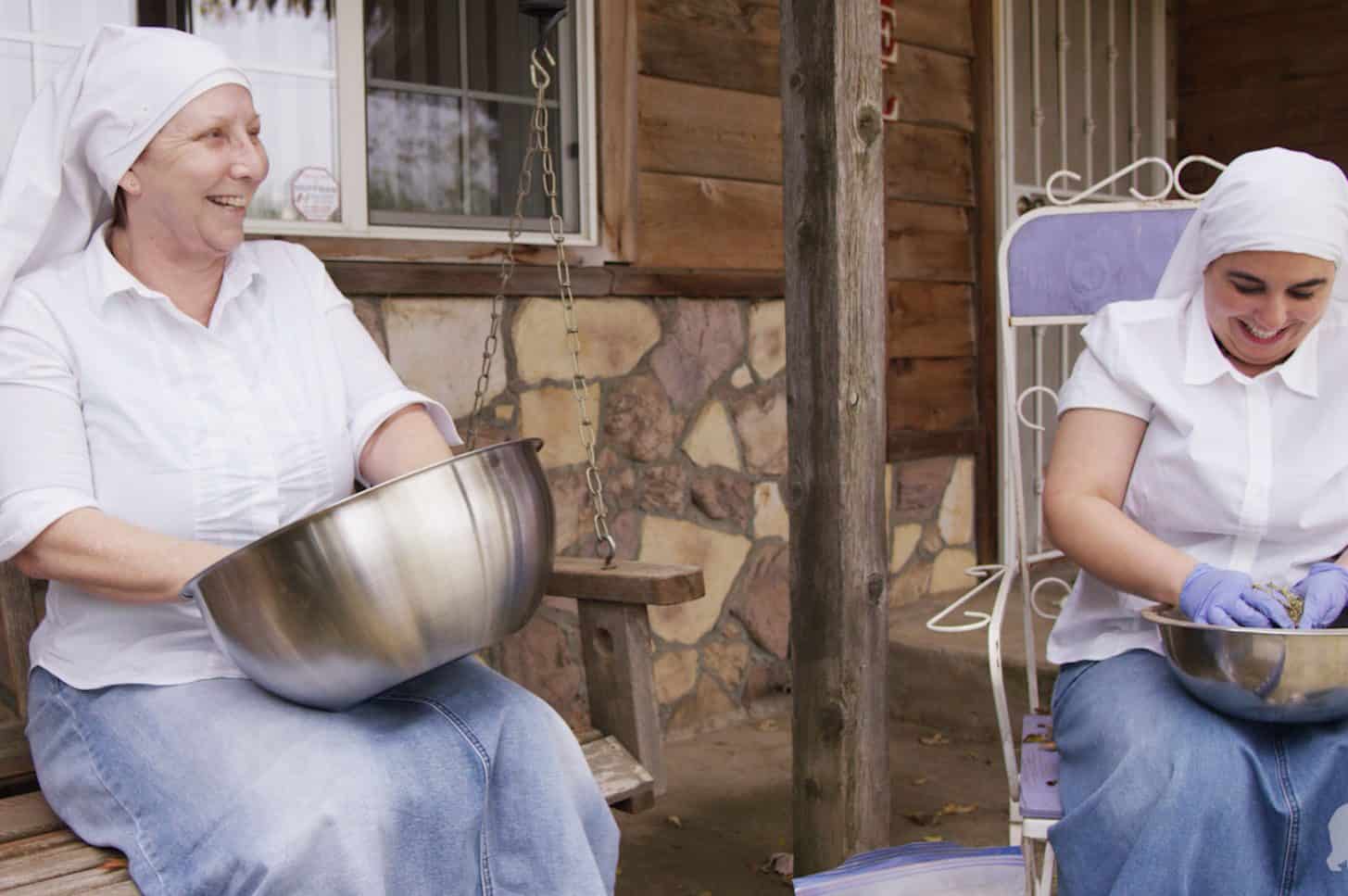

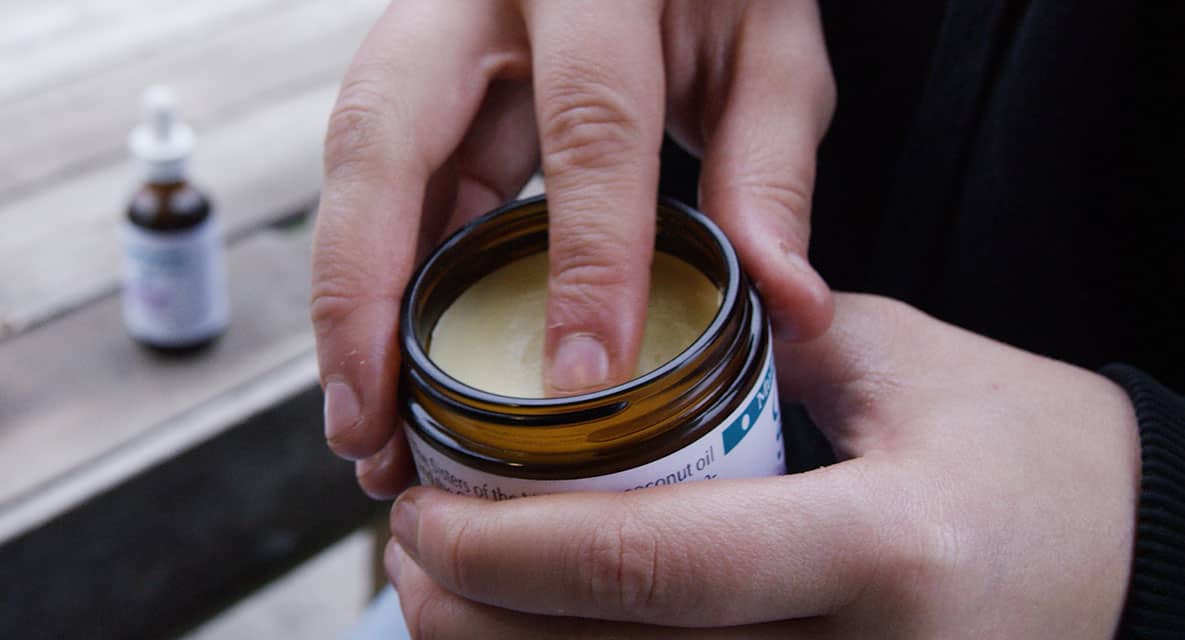
“We are one of those phoenixes who are rising from the ashes of need,” says Sister Kate, the chosen name of Sisters of the Valley founder Christine Meeusen. With a degree in Business Education from the University of Wisconsin, Meeusen formerly worked in the credit card industry and de-regulating telecom industry before starting her own consulting business that took her around the world.
Sister Kate, founded the sisterhood in 2014 as a group of “activists, anarchists and self-declared sisters.” In no way affiliated with the Catholic Church, these are not religiously affiliated nuns. “We are living an intentional and spiritual lifestyle,” says Sister Kate. “We are about women empowerment. We are about building cottage industries and jobs and opportunities for women. Our movement, at its core, is about lifting women up.”

So what exactly are they making and selling? Primarily CBD-infused oils, salves and tinctures that are derived from hemp—a type of cannabis plant that only contains very low amounts of tetrahydrocannabinol, or THC, the psychoactive ingredient in marijuana that gives users the feeling of being high.
“What we’re providing to the world is cannabis medicine that is non-psychoactive,” Sister Kate continues, noting that cannabidiol, or CBD, has been shown to have a number of medicinal benefits, from pain relief to treating PTSD, chronic seizures, epilepsy and more.
“Our mission is two-fold—to create honorable jobs for women and to get the most amount of medicine into the hands of the most amount of suffering people.”
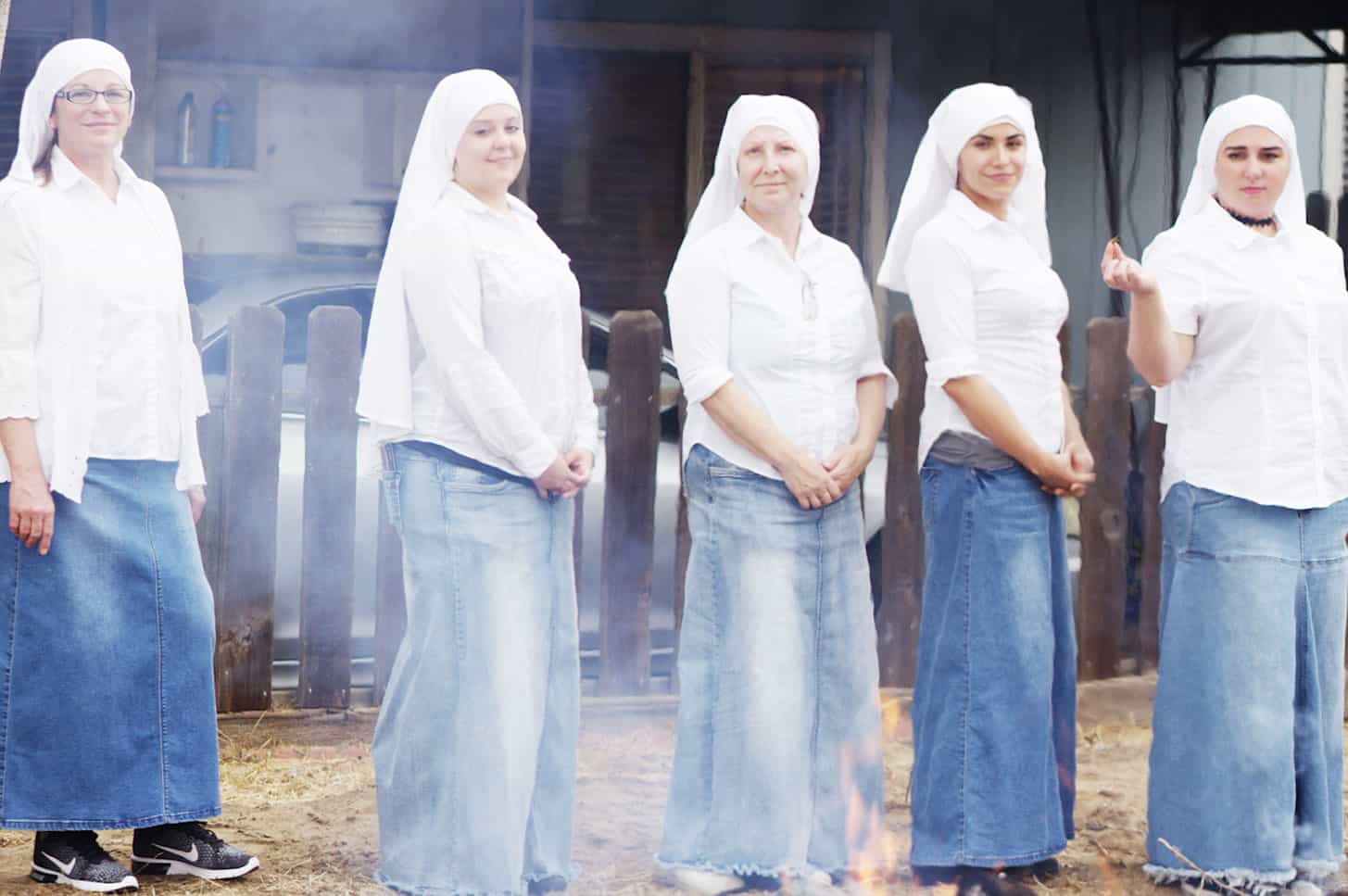
While Merced County's self-proclaimed "Weed Nuns" are not actual nuns, they are a group of activists, anarchists and self-declared sisters who live and work together to provide healing CBD salves, oils and tinctures with medicinal benefits.
These self-proclaimed “weed nuns” have a historical pretext. “In the Middle Ages, the Beguines were women who organized the first nurses. They grew hemp. They were farmers. They made medicine and textiles and people came from far and wide to buy their products,” explains Sister Kate, who also has combined the core beliefs of the Beguine women with the core beliefs of Native Americans into their organization and practices. Like the Beguine nuns, the sisters “Live together. Work together. And pray together.”
They wear long denim skirts, white blouses and habits. And it’s not just a gimmick. “Our uniform is more than a habit,” says Sister Kate. “Our uniform is a meditation of getting in touch with our ancient mothers every morning. Our uniform is to show great respect for a plant and all plant medicine that has been greatly disrespected for the last 100 years.”

All of the medicine is made according to the moon cycles, inspired by ancient wisdom. Every full moon, the sisters have a feast, a fire and a ceremony. And all medicine is made between the new moon and the full moon.
At this time, there are 12 sisters, seven of whom live on or near the farm, which is comprised of several buildings, including a garage converted into a greenhouse and an “abbey” where the cannabis medicine is made, products are bottled and all orders are fulfilled and shipped internationally. (The remaining five sisters live in places as far off as Canada, New Zealand and Sweden.)
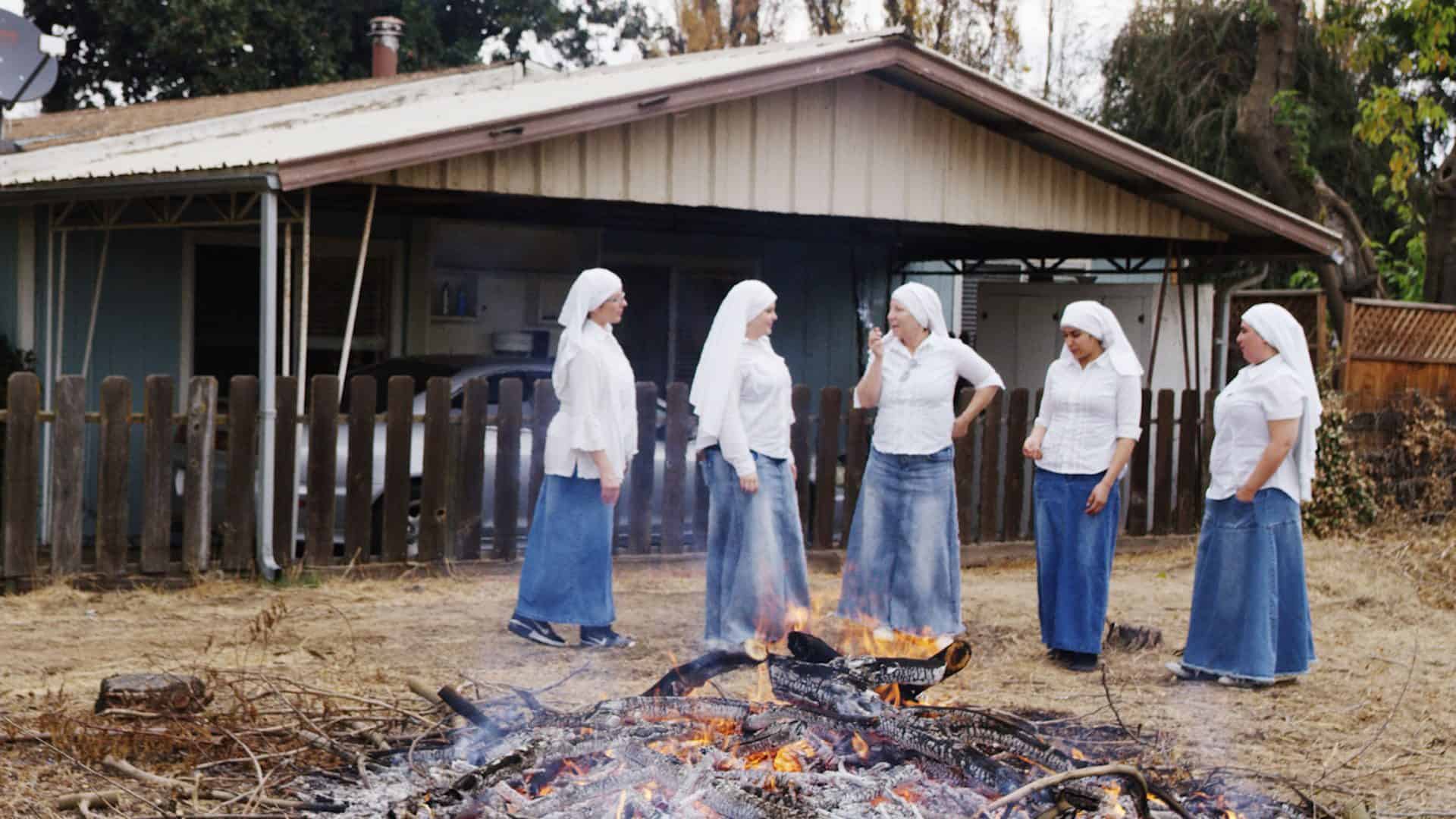
But Sister Kate’s dream is that there will be Sisters of the Valley chapters represented in countries all over the world, all of which would be run by sisters, inspiring women to operate their own businesses and provide for themselves and their families.
Hey, Weekend: Colorado’s Western Slope
Westward bound.
Long Beach Revs Up for Another Incredible Grand Prix Weekend
We’re off to the races April 12-14.
Get the Latest Stories
